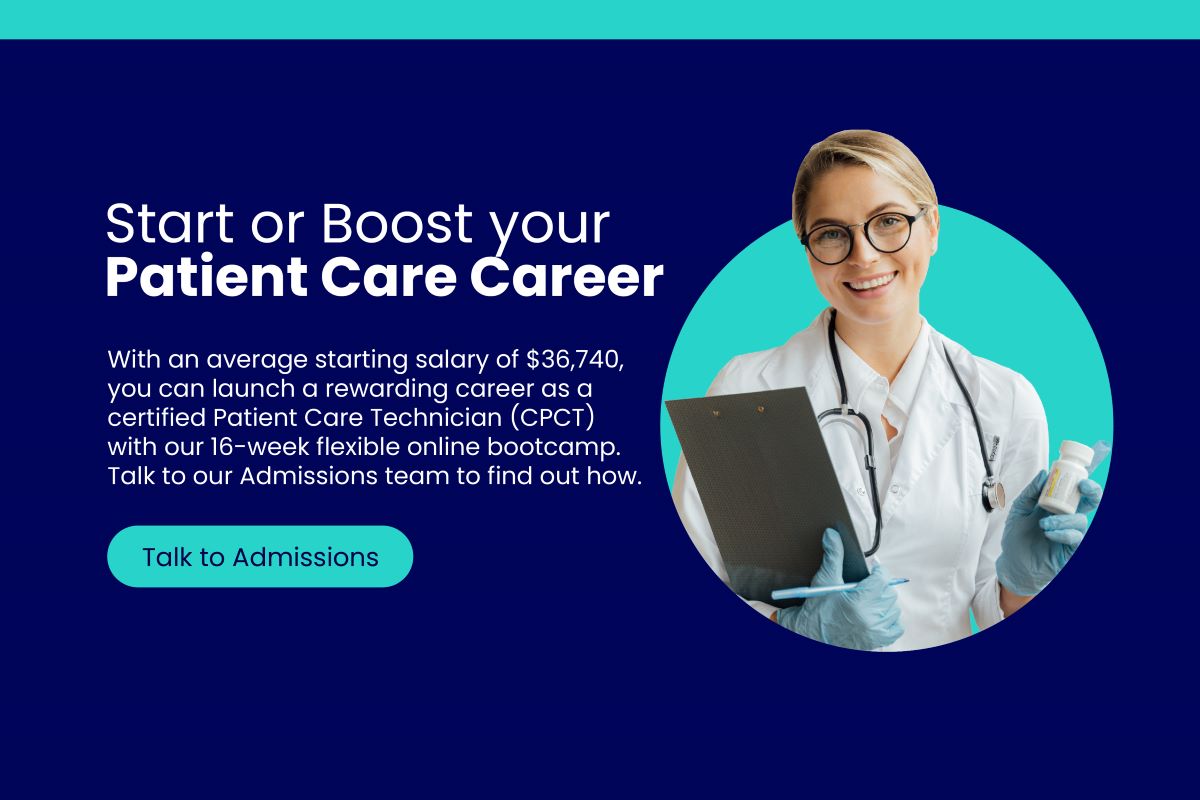Providing patient care services is a noble and demanding profession that requires compassion, skill, and dedication. Whether you're a seasoned healthcare professional or just starting your journey in patient care, it's essential to adhere to certain guidelines to ensure the well-being and satisfaction of your patients. In this article, we will explore eight fundamental guidelines that should be upheld when offering patient care services. These guidelines are crucial not only for the quality of care you provide but also for fostering trust and building positive patient relationships.
Guideline 1: Compassionate Care
Compassion is the cornerstone of patient care services. Patients often find themselves in vulnerable and distressing situations, and your ability to show empathy can make a world of difference. Compassionate care involves actively listening to patients, understanding their fears and concerns, and offering emotional support. It's about treating patients not just as medical cases but as individuals with unique needs and feelings.
Furthermore, it's essential to maintain a patient's dignity and privacy. Always ensure that you provide care in a respectful and non-intrusive manner. This means knocking on doors before entering patient rooms, explaining procedures before performing them, and using appropriate language and gestures.
Guideline 2: Effective Communication
Effective communication is paramount in patient care services. Patients rely on healthcare professionals to convey information clearly and comprehensively. This includes explaining diagnoses, treatment options, and potential risks in a way that patients can understand. Effective communication also extends to active listening, where you pay attention to patients' concerns and questions, allowing them to express their thoughts and feelings.
In addition, communication within the healthcare team is crucial. Collaboration among nurses, doctors, and other staff members is essential for providing coordinated and efficient care. Effective communication ensures that everyone is on the same page regarding the patient's condition and treatment plan.
Guideline 3: Safety and Infection Control
Patient safety is non-negotiable in healthcare. To ensure the well-being of your patients, it's imperative to follow strict safety protocols and infection control measures. This includes proper hand hygiene, wearing appropriate personal protective equipment (PPE), and adhering to aseptic techniques during procedures.
Additionally, be vigilant about medication administration, double-checking dosages and patient identifiers to prevent errors. Patient safety also involves maintaining a clutter-free and hazard-free environment to reduce the risk of accidents.
Guideline 4: Professionalism and Ethics
Maintaining professionalism and ethical standards is essential in patient care services. Healthcare professionals must adhere to a strict code of ethics, which includes respecting patient confidentiality and autonomy. Always obtain informed consent before any procedures or treatments and never disclose patient information without proper authorization.
Furthermore, professionalism entails being punctual, reliable, and maintaining a high level of competence. Patients trust healthcare providers with their lives, and it's crucial to uphold the highest standards of professionalism at all times.
Guideline 5: Cultural Competence
Cultural competence is essential in today's diverse healthcare landscape. Patients come from various backgrounds, and it's vital to understand and respect their cultural beliefs and practices. This involves learning about different cultural norms, traditions, and dietary preferences to provide culturally sensitive care.
Cultural competence also means being aware of potential biases and prejudices and ensuring that they do not affect the care you provide. Every patient deserves equitable and respectful treatment, regardless of their cultural background.
Guideline 6: Continual Education and Skill Development
The healthcare field is constantly evolving, and staying updated with the latest developments is crucial. Continual education and skill development are essential for providing the best patient care possible. Attend workshops, seminars, and training sessions to enhance your knowledge and skills.
Moreover, seek feedback from colleagues and mentors to identify areas where improvement is needed. A commitment to lifelong learning ensures that you can offer the most up-to-date and effective care to your patients.
Guideline 7: Empowerment and Advocacy
As a patient care provider, you often act as an advocate for your patients. This involves ensuring that patients have access to the information they need to make informed decisions about their care. Advocate for patients' rights and preferences, and support their autonomy in medical decisions.
Empower patients by involving them in their care plans, explaining treatment options, and encouraging questions. When patients feel informed and empowered, they are more likely to actively participate in their own recovery.
Guideline 8: Compassionate End-of-Life Care
End-of-life care is a delicate and challenging aspect of patient care services. Providing compassionate end-of-life care means acknowledging the patient's wishes and ensuring their comfort and dignity during this difficult time. It also involves supporting the emotional needs of the patient's family and loved ones.
Additionally, healthcare providers should be knowledgeable about pain management and palliative care to alleviate suffering and improve the quality of life for terminally ill patients. Offering emotional support and maintaining open communication with both the patient and their family is vital during this stage.
Adhering to these eight guidelines in patient care services is not only a professional obligation but also a moral one. Compassionate care, effective communication, safety, professionalism, cultural competence, continual education, empowerment, and compassionate end-of-life care all contribute to the well-being of patients and their overall experience in healthcare settings.
If you're aspiring to become a patient care technician and want to learn more about these guidelines and how to implement them effectively, consider enrolling in the Patient Care Technician Bootcamp offered by Health Tech Academy. Our program is designed to equip you with the necessary skills and knowledge to excel in patient care services, ensuring that you provide the best care possible to your future patients. Join us in making a meaningful difference in the lives of those who need it most.



